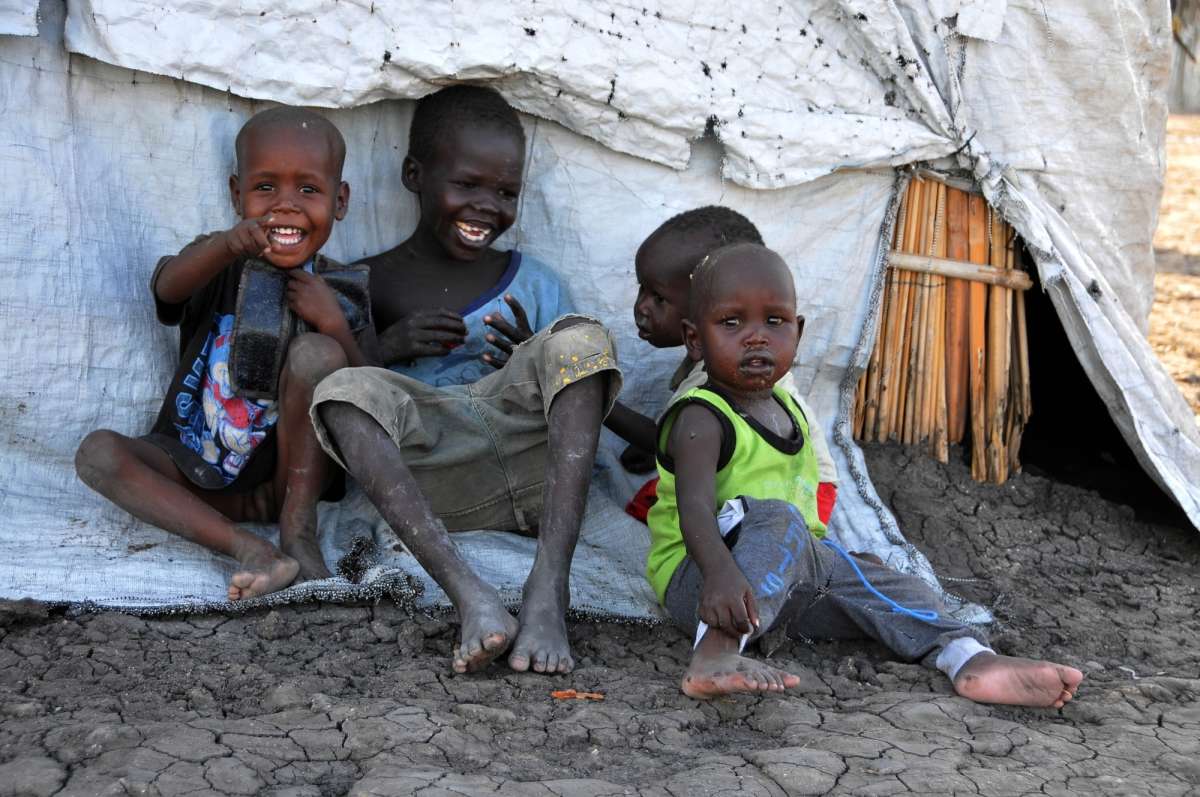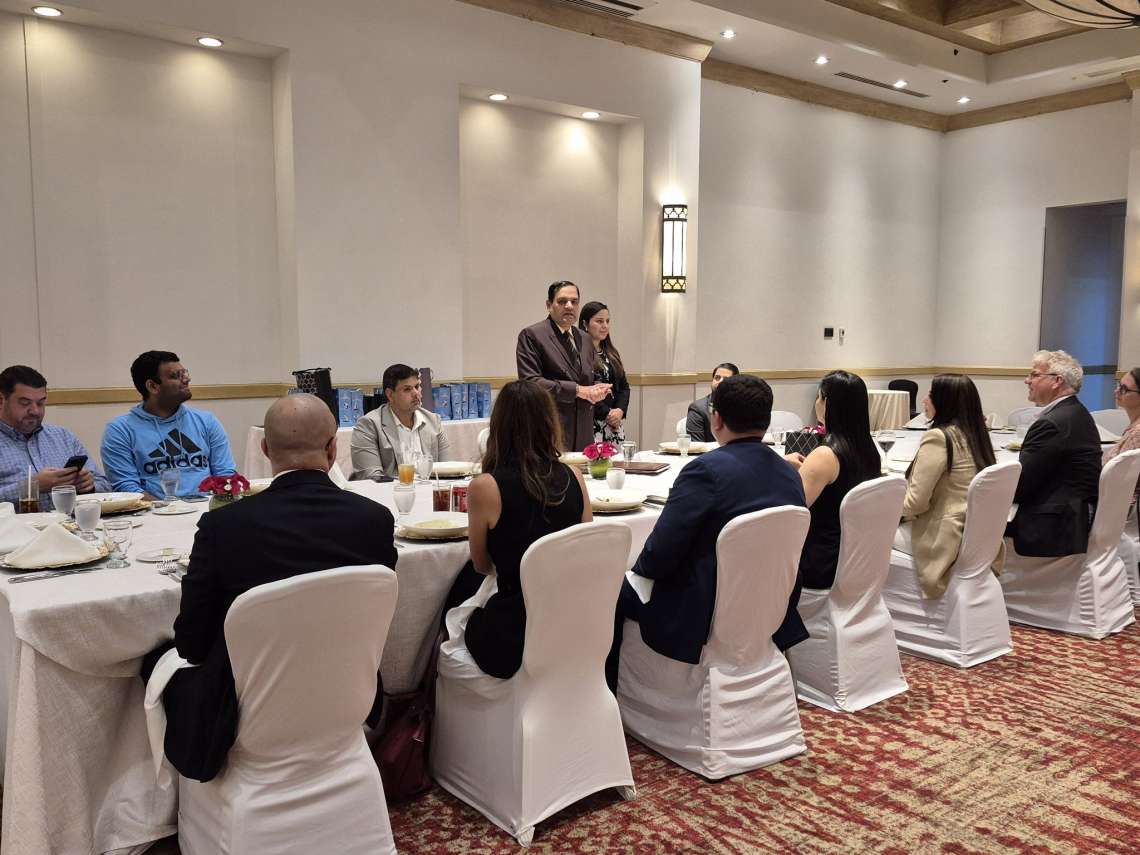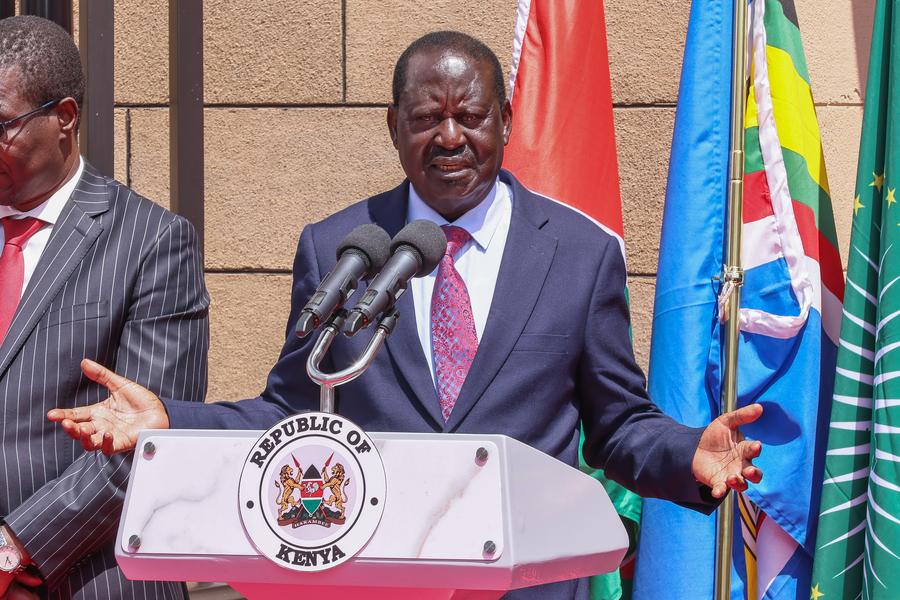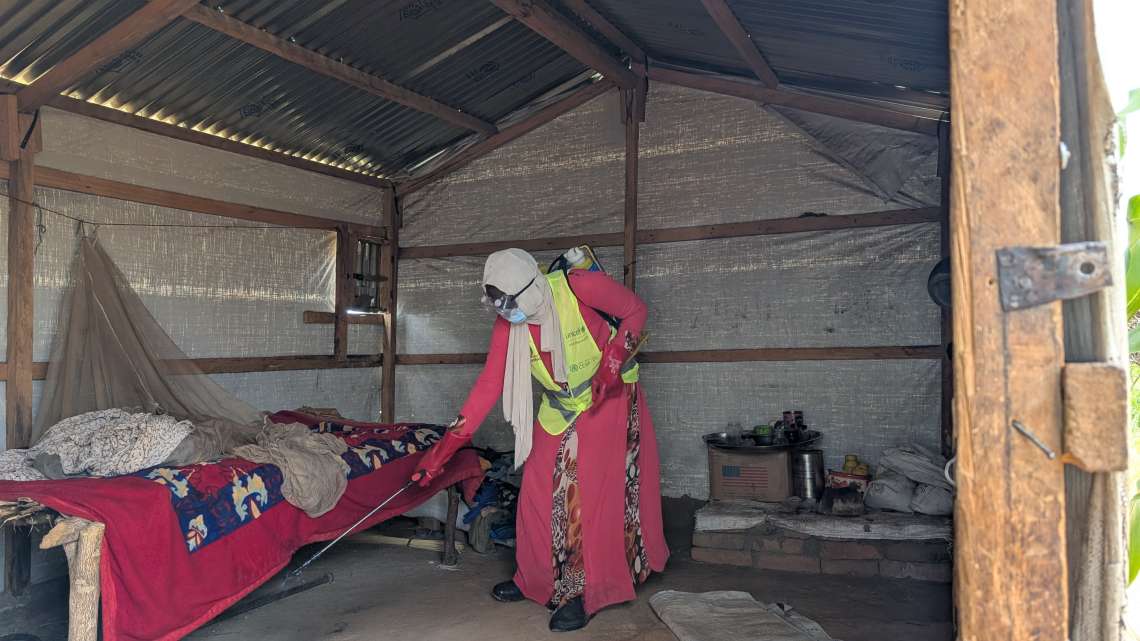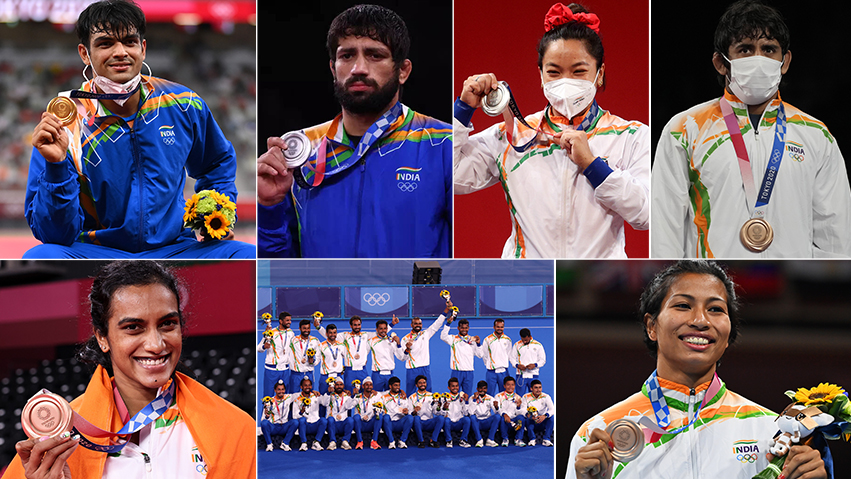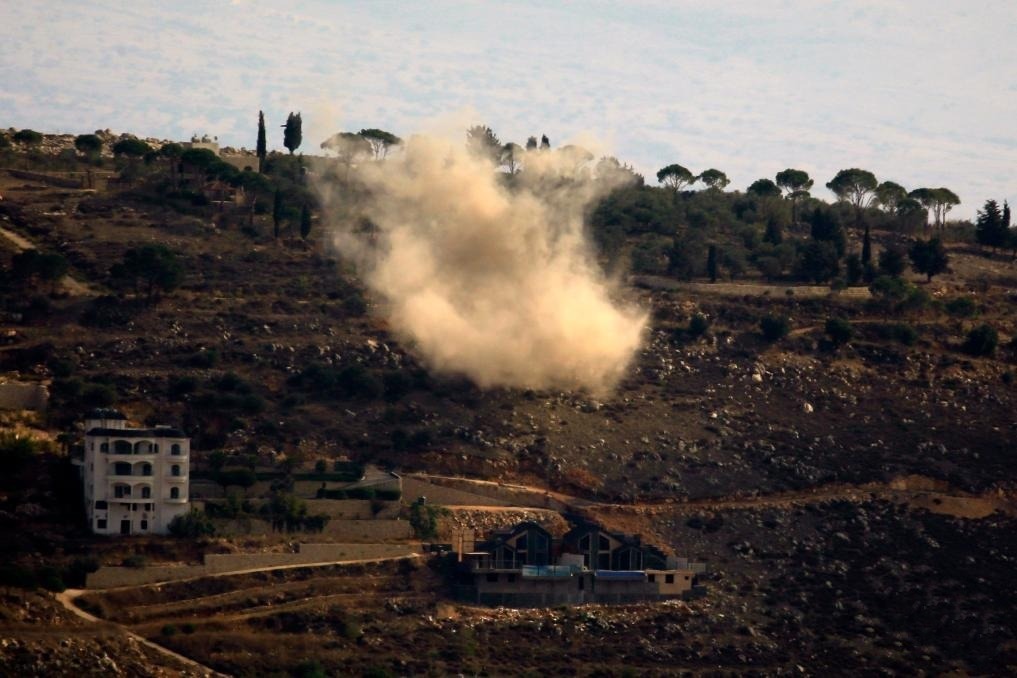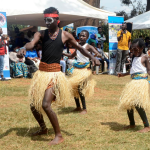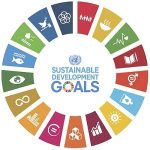New conflicts – internal and external – emerged and a series of flawed elections opened the door for the military to extend the trend of coups into another year…reports Asian Lite News
Like 2022, 2023 was a year full of high-stakes geopolitical drama and economic crises that sometimes seemed like an escalation of existing issues of previous years.
New conflicts – internal and external – emerged and a series of flawed elections opened the door for the military to extend the trend of coups into another year.
The disruption in the supply chain brought about by the continued effects of the COVID-19 pandemic and the war in Ukraine continued to bite. Climate disasters have become more acute. But in all these, African governments stepped up to chart their destinies, for good or bad.
Climate shocks
Declared worse than the 2011 famine, the drought in the Horn of Africa region entered its third year – and sixth consecutive season – of failed rainfall. According to data from the World Health Organization in August, 2.3 million people were displaced across the region due to the drought alone.
But when it rains, it pours. After the drought, floods hit the region, bringing more painful effects of extreme weather. Displacing several thousands of people, the floods killed 65 in Tanzania, 15 in Kenya, and dozens of others in Somalia and South Sudan. In southeastern Africa, cyclone devastation wreaked havoc in Malawi and Mozambique, killing hundreds of people and displacing thousands. In southern Angola, the drought is still endangering dozens of pregnant women.
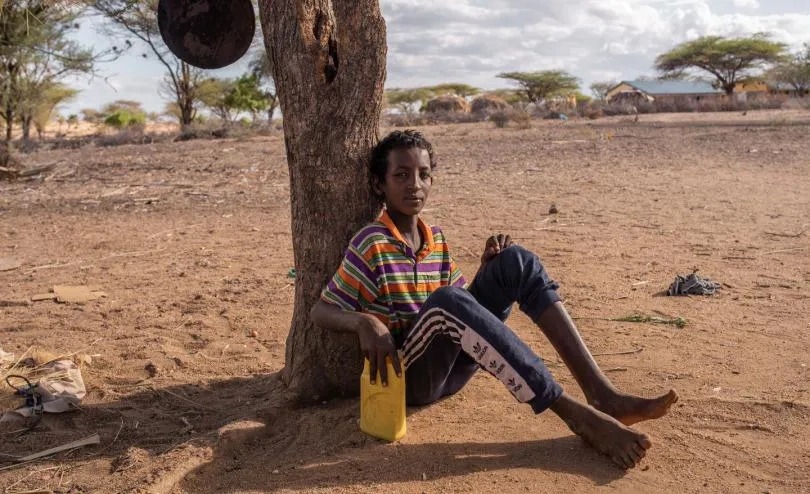
These climate shocks have sparked concerns among leaders, leading to an inaugural African climate summit in Nairobi where leaders reiterated that African states have been disproportionately affected by climate change and urged Western nations – which on average have higher carbon emissions – to pay their fair share of climate taxes.
On the back of this, African negotiators at COP28 were vocal in demanding a “just fossil phase-out with equity and differentiation,” said Lerato Ngakane, communications director at the Global Oil and Gas Network, a coalition of nonprofits working to reduce fossil fuel use globally.
“Those that have historically benefitted from emissions and development from fossil fuels need to phase out first and then redirect public finance and investment into the renewable energy sector, for those developing nations to build renewable energy infrastructure and transition, in order to industrialise,” she told Al Jazeera.
Cost-of-living crisis
Across the continent, the cost-of-living crisis is escalating due to the persevering economic fallout from the COVID-19 pandemic, intensified by disruption of global food supply chains due to the Russia-Ukraine war. In some cases, frustration spilled on to the streets which led to massive protests in multiple countries including Kenya, Ghana, South Africa and Tunisia.
In Malawi, where the president has suspended travel for all officials in his government to conserve draining foreign reserves, more women have turned to the sex trade. In Nigeria, some have reverted to old kerosene stoves or a two-tier cooking contraption fuelled by sawdust – that became popular under dictator Sani Abacha in the ‘90s – after fuel prices rose astronomically following the abrupt end of a decades-long fuel subsidy and the devaluation of the naira.
Experts say African economies remain susceptible to global tensions even as the effects of the pandemic and war in Europe are yet to subside.
Coups
A carryover from the past few years, the coup trend continued in West and Central Africa in 2023. The sixth and seventh military takeovers in the last three years happened in Niger and Gabon this year. Elsewhere in West Africa, attempted coups were also curtailed in Sierra Leone and Guinea-Bissau.
Military leaders continued to seize power, exploiting deep satisfaction among citizens and anger towards the ruling class over the absence of democratic dividends.
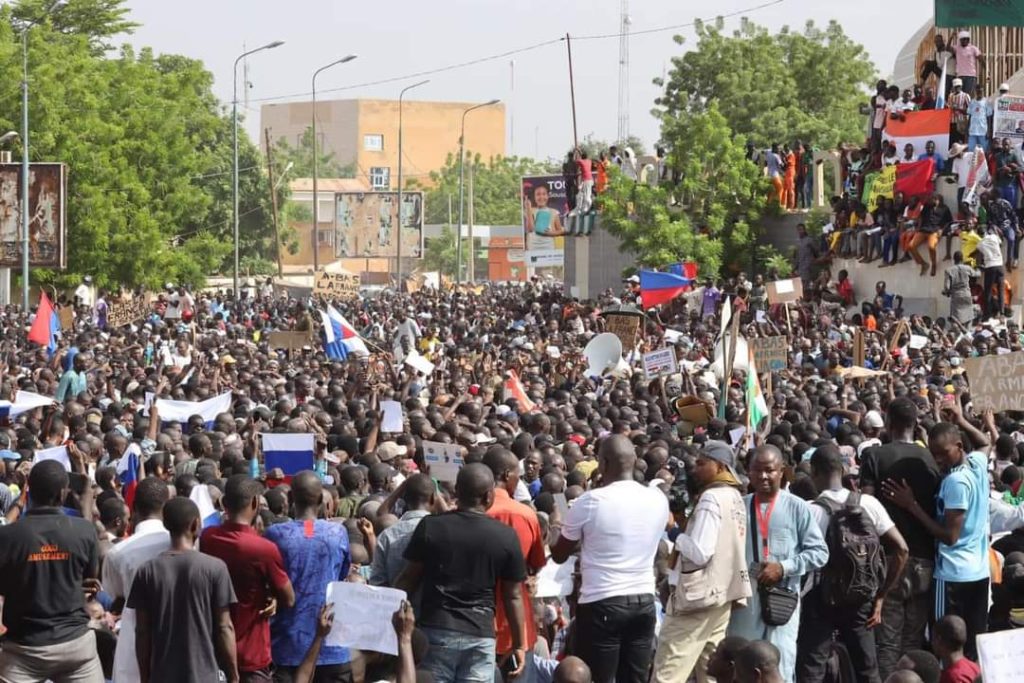
A series of contested national elections throughout the year also fuelled the military’s narrative of pervasive political corruption and overbearing external influence. Elections in Zimbabwe, Nigeria, Eswatini, Gabon, Sierra Leone and Madagascar were heavily contested and denounced by citizens. The exception was Liberia where outgoing President George Weah conceded the election to former vice president Joseph Boakai.
A fragile accord between the Sudanese Armed Forces (SAF) and paramilitary Rapid Support Forces ripped open in April. That threw Sudan, Africa’s third largest country, into a war that has now killed more than 10,000 people and displaced millions of others, according to the Armed Conflict Location and Event Data Project.
The war has continued to threaten the stability of the nearby Horn of Africa and Sahel regions. In Somalia, clashes over territory between the self-autonomous regions of Somaliland and Puntland ballooned into full-on crisis.
BRICS expansion
As more countries from the Global South look to diversify from the current Western economic hegemony, the BRICS bloc continues to emerge as a serious alternative.
This year, Africa was at the focal point; South Africa hosted the 15th summit since the group was formed in 2009; Egypt and Ethiopia also officially joined the bloc, expanding its footprint on the continent.
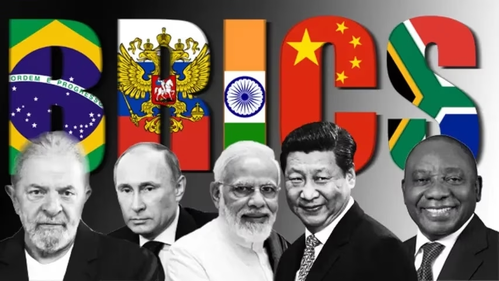
Afterwards, BRICS criticised the continued bombing of the Gaza Strip, a signal of an increasingly political stance in a global climate where the United States and many European countries have backed Israel.
Coups in Gabon and Niger this year followed previous coups in Mali, Burkina Faso and Guinea – amplifying the decline of France’s influence in its former colonies. A last grasp at straws in Niger sparked a diplomatic row with the Economic Community of West African States (ECOWAS), bringing the region to the brink of a regional conflict, as Paris backed the Nigeria-led bloc to reverse the July coup.


